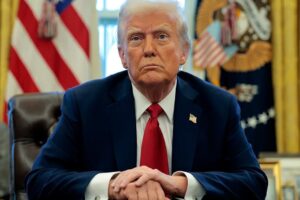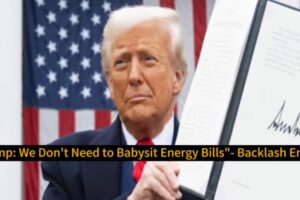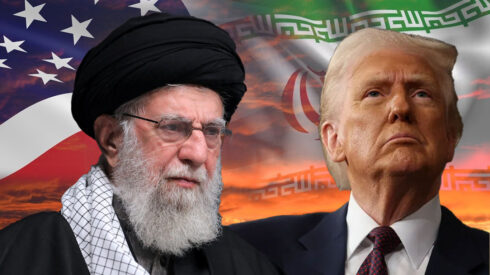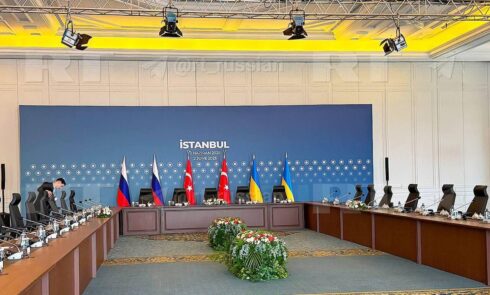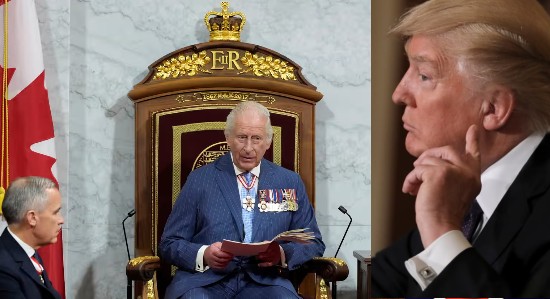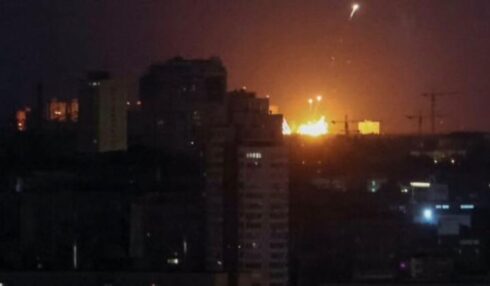Iran’s has declared its willingness to reach a nuclear deal with the United States but insists that military threats must be taken off the table before progress can be made. Speaking ahead of crucial negotiations scheduled for Saturday in Oman, Iranian Foreign Minister Abbas Araghchi emphasized that any path toward agreement must be rooted in mutual respect and devoid of coercion.
“The proud Iranian nation, whose strength my government relies on for real deterrence, will never accept coercion and imposition,” Araghchi stated. He also stressed that negotiations would be indirect, contradicting U.S. President Donald Trump’s earlier claim that direct talks were imminent. Araghchi warned that without a firm U.S. commitment to peaceful diplomacy, Iran would not engage meaningfully, calling the upcoming talks both “an opportunity and a test.”
Iran’s insistence on the exclusion of military threats comes amid growing concerns over the U.S.’s past pressure tactics and Israel’s vocal support for a possible strike. Iran maintains that its nuclear programme is peaceful and within international legal frameworks, although it has recently accelerated enrichment in response to renewed U.S. sanctions.
Trump Administration Pushes for Full Dismantlement of Iran nuclear enrichment program
President Trump, who unilaterally withdrew from the 2015 nuclear agreement in 2018, has reiterated that failure in the upcoming talks would place Iran in “great danger.” The U.S. is reportedly pushing for Iran to completely dismantle its nuclear infrastructure, with Trump’s special envoy for the Middle East, Steve Witkoff, set to lead the American delegation.
National Security Adviser Mike Waltz added that the U.S. would be seeking a “Libyan-style” agreement—referencing Libya’s 2003 dismantlement of its weapons programmes under American supervision. This hardline stance was echoed by Israeli Prime Minister Benjamin Netanyahu, who warned of a military option if talks were prolonged without results. Netanyahu has openly advocated for the destruction of Iranian nuclear facilities if diplomacy fails.
However, Iran’s has categorically rejected any plan resembling the Libya model. A senior Iranian foreign ministry official told the BBC that such an approach would never be accepted. Araghchi further clarified that while Iran is open to verification measures to demonstrate its peaceful intent, full dismantlement is a non-starter.
Dispute Over Format and Sincerity of Talks
A key point of contention remains the format of the discussions. While President Trump characterized the upcoming Oman talks as direct, Iran insists they will be strictly indirect. The U.S. and Iran currently have no formal diplomatic ties, and communication has been mediated through third parties like the United Arab Emirates.
Araghchi expressed skepticism about U.S. sincerity, citing the “maximum pressure” sanctions campaign reinstated by Trump. He emphasized that if the U.S. truly intends to resolve concerns diplomatically, it must abandon both hostile rhetoric and sanctions. “To move forward today, we first need to agree that there can be no ‘military option’, let alone a ‘military solution’,” he said.
Iranian officials also believe that demonstrating mutual respect and consistency in diplomacy is key. “If we are shown respect, we will reciprocate it,” Araghchi wrote in an opinion piece published in The Washington Post. He warned that continued threats only serve to deepen distrust and complicate negotiations.
The Shadow of the 2015 Deal and Current Enrichment Concerns
The backdrop to the new talks is the unraveling of the 2015 Joint Comprehensive Plan of Action (JCPOA), which was signed by Iran’s and six world powers, including the U.S., under President Obama. That agreement significantly restricted Iran’s nuclear activities in exchange for sanctions relief and rigorous inspections by the International Atomic Energy Agency (IAEA).
After the U.S. withdrawal in 2018, Iran began scaling back its compliance. According to the IAEA, Iran’s has now stockpiled 275kg of uranium enriched to 60% purity—close to weapons-grade. This amount, if further enriched to 90%, could yield enough fissile material for at least six nuclear bombs. These developments have escalated regional and international fears over a potential arms race or conflict.
Despite these concerns, Iran’s continues to deny any intention of building nuclear weapons. Araghchi reiterated that Iran is ready to “clarify our peaceful intent and take necessary measures to allay any possible concern,” provided the U.S. shows equal seriousness about diplomacy.
International Stakes and Regional Implications
The international community is watching closely as the Oman talks approach. Israel, long alarmed by Iran’s nuclear advancements, views a nuclear-armed Iran as an existential threat. The Israeli government has reportedly conducted covert strikes on Iranian nuclear facilities in the past and remains prepared to act again if necessary.
At the same time, European powers and China have urged restraint and a return to diplomatic solutions. The outcome of the Oman negotiations could define the future trajectory of Middle Eastern security and U.S.-Iran relations for years to come.
While Iran’s has signaled openness, the conditions it has set—chief among them the rejection of military threats—may prove difficult for the Trump administration to accept. As Araghchi concluded, “The ball is now in America’s court.” Whether the U.S. will play by new diplomatic rules or persist with pressure tactics may ultimately decide the fate of the nuclear dispute.






